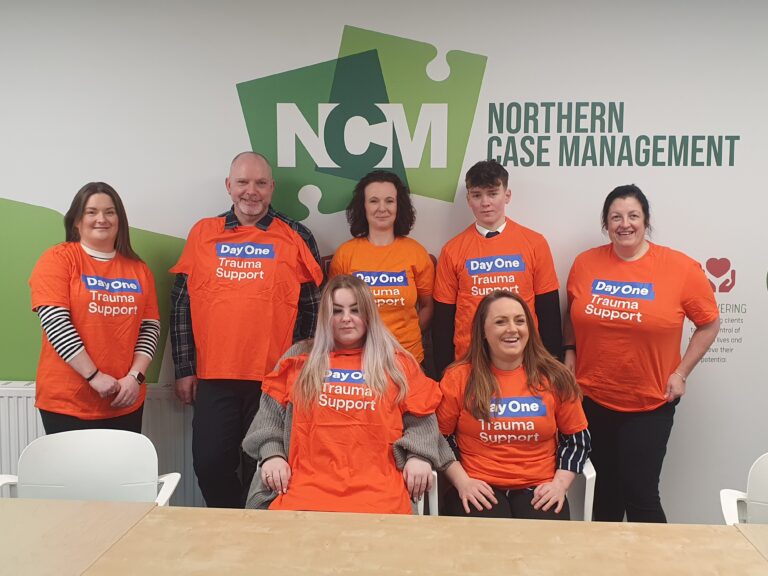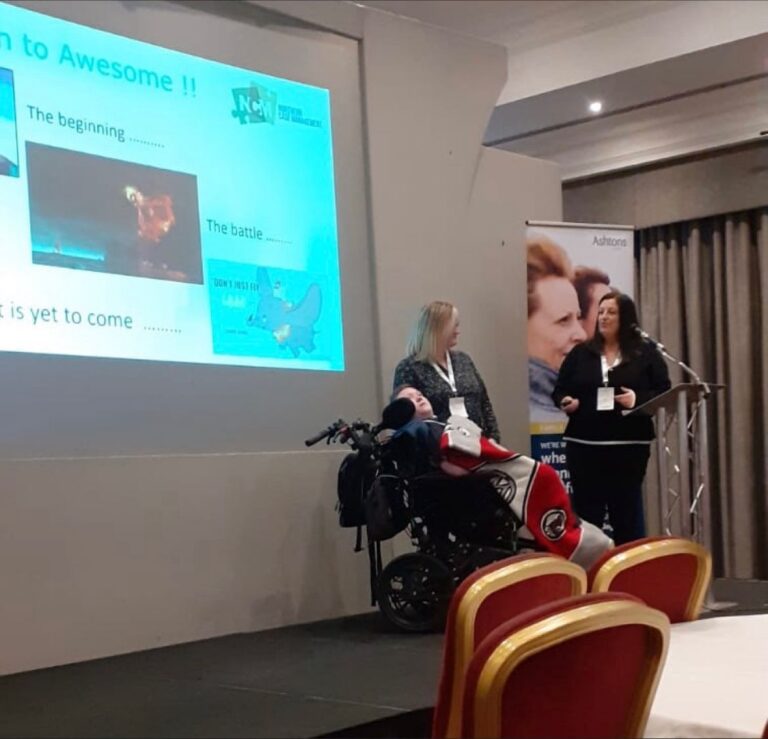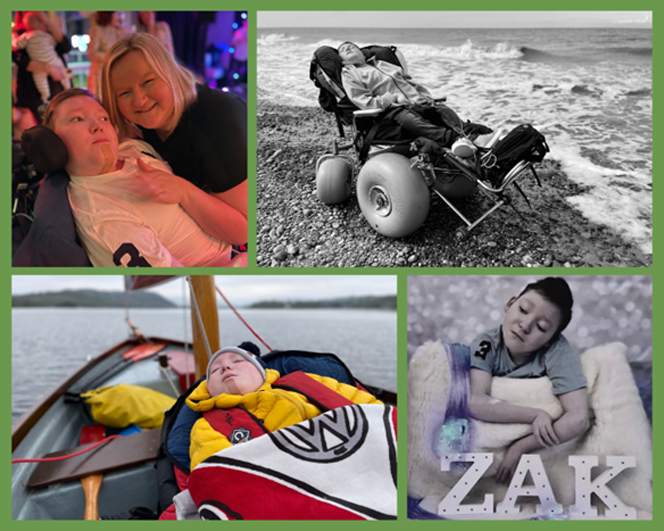News
Home » News

30 Miles in March
In March 2024, we set the challenge to walk 30 Miles in support of Day One Trauma Support. Day One’s vision is that everyone affected by

Meet Jasper this National Apprentice Week
In celebration of National Apprentice Week, we wanted to highlight our new Apprentice, Jasper! The week brings together everyone passionate about apprentices to celebrate the

Ashtons Legal Case Management Conference 2024
On Thursday 1st February 2024, we had the pleasure of attending the Ashtons Legal LLP Brain Injury Case Management Conference. Our very own Business Director, Samantha Barker, presented

Meet Zak and his Mum Mags, who shares their journey with Northern Case Management.
Zak, our client, and his family experienced a successful medical negligence claim.

